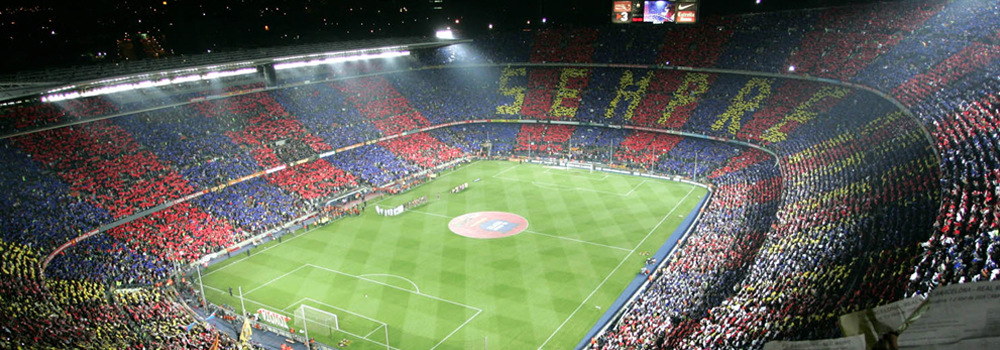Here is the core of their argument:
This year, however, just seven points separate seventh-place Arsenal from second-place Manchester United in the English Premier League. The last time things were this close at this stage in that league was during the 2001-02 season. In Italy, the No. 15 team, Cagliari, is just nine points behind first -place Juventus. The Serie A standings haven't been this bunched up through 11 games since the 1999-00 season, when eight points separated the top 13 teams. Poor Internazionale, the world club champion in 2010, is 16th with 11 points. In France, six teams are within eight points of the top and traditional powers Lyon and Marseille, stuck in fifth and 10th place respectively, are trying to hold off upstarts like Lorient and Caen.What have Barcelona and Real Madrid done? They have secured the services of 10 of the top 20 players in the world, according to the Castrol rankings. Impressive, no doubt, but hardly enough to explain parity across dozens of teams in four other leagues.
All this has produced some spectacular benefits for soccer fans: a frenzied competition for supremacy up and down the table every week—and also for a coveted spots in the Champions League.
As fans soak up the spectacle, it's unlikely any of them will raise a pint in thanks to the two Spanish superpowers, Barcelona and Real Madrid, who have made headlines of late for spending money like Gilded Age industrialists in a bid to hoard most of the world's elite talent. After all, Spain's piggishness in luring away mega-stars like Cristiano Ronaldo, Xabi Alonso, Cesc Fabregas, Javier Mascherano and Alexis Sanchez has been widely described as a potential apocalypse for club soccer.
As it turns out, that's not exactly true. By hoarding all the top players, Spain's dual powers might actually be doing Spanish fans a disservice (by discouraging competition) and the rest of Europe a favor (by making its leagues more balanced).
It is certainly true that there is a lack of parity in the Spanish league, and it indeed results from more talent present in the top two squads compared to everyone else. But this feature of La Liga has nothing to do with the parity found elsewhere.
To explain why there is parity elsewhere in Europe we need only look to how television monies are distributed within each league. According to The Swiss Ramble:
[W]ith the exception of La Liga, every major league distributes a good proportion of the TV funds equally, either explicitly or via the weighting of the allocation. However, the Premier League distributes more money this way than any other league, mainly due to the surge in overseas rights.Spending on players is closely correlated with team performance, as indicated by this graph from UEFA (PDF):
The result is that the ratio from top to bottom earning clubs in terms of TV payments is much smaller in the Premier League at 1.5, especially compared to La Liga where it is 12.5. So, last season Manchester United received £60 million, while Blackpool got £39 million. In contrast, Barcelona and Real Madrid received around £123 million, while Malaga had to make do with £10 million.
That’s bad enough, but the real issue in Spain is that the drop starts immediately with third placed Valencia only receiving £37 million, so the big two earn at least three times as much TV money as their closest challengers. Every other league is more equitable with the top team earning between 1.1 and 1.2 times as much as the third highest earner.
It isn't Spain's revenue allocation policies that are benefiting the other big leagues in Europe. Rather, it is their own policies which serve to level the playing field to a much greater degree. If parity is indeed a desired characteristic of league play, then such comparative experience will be well worth noting.



No comments:
Post a Comment